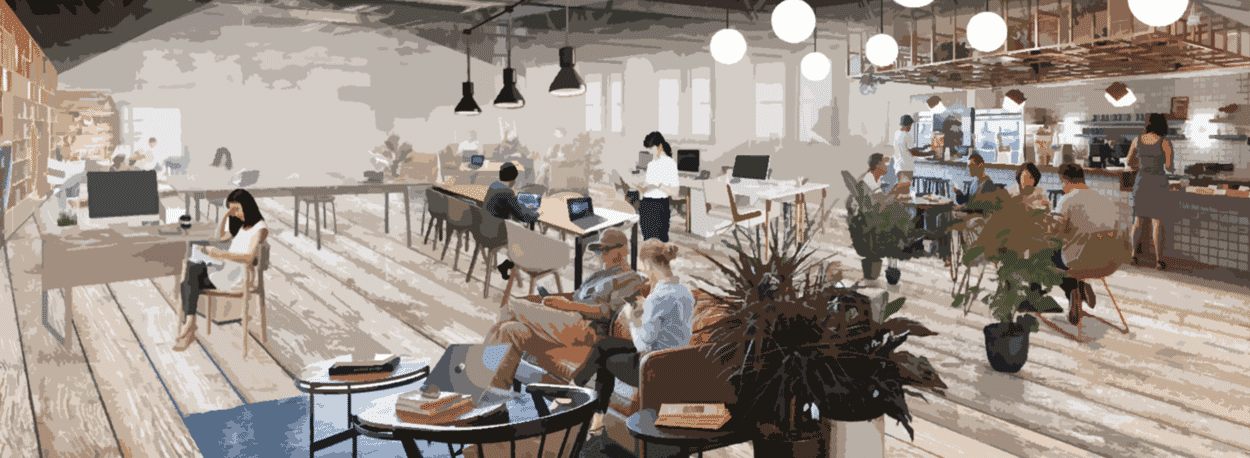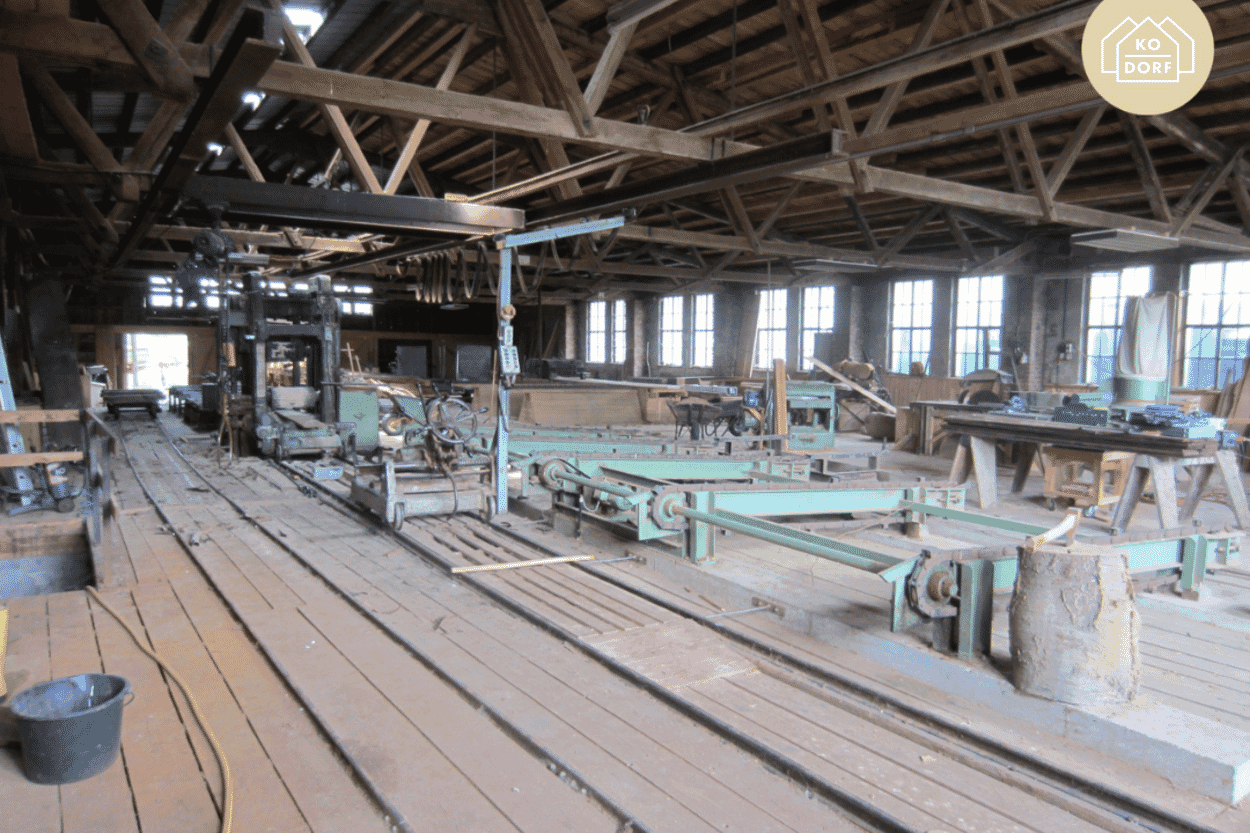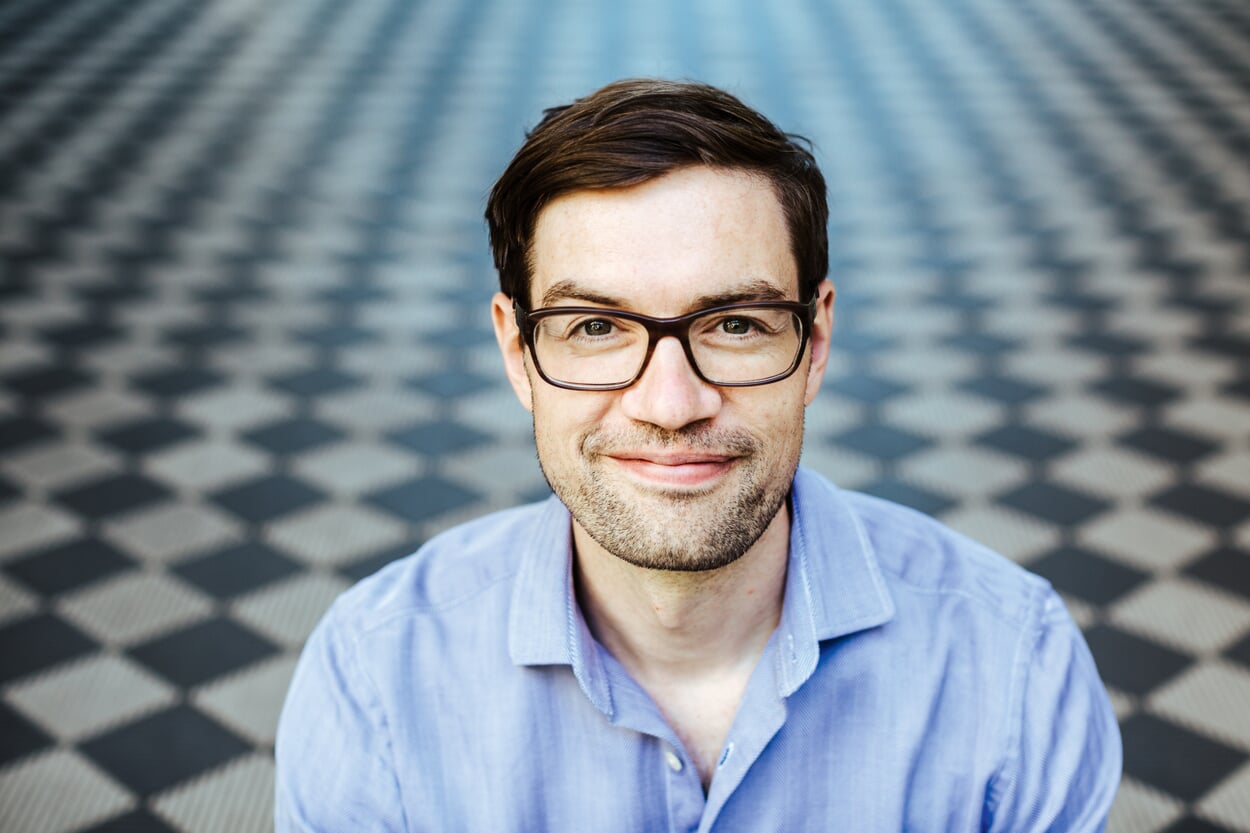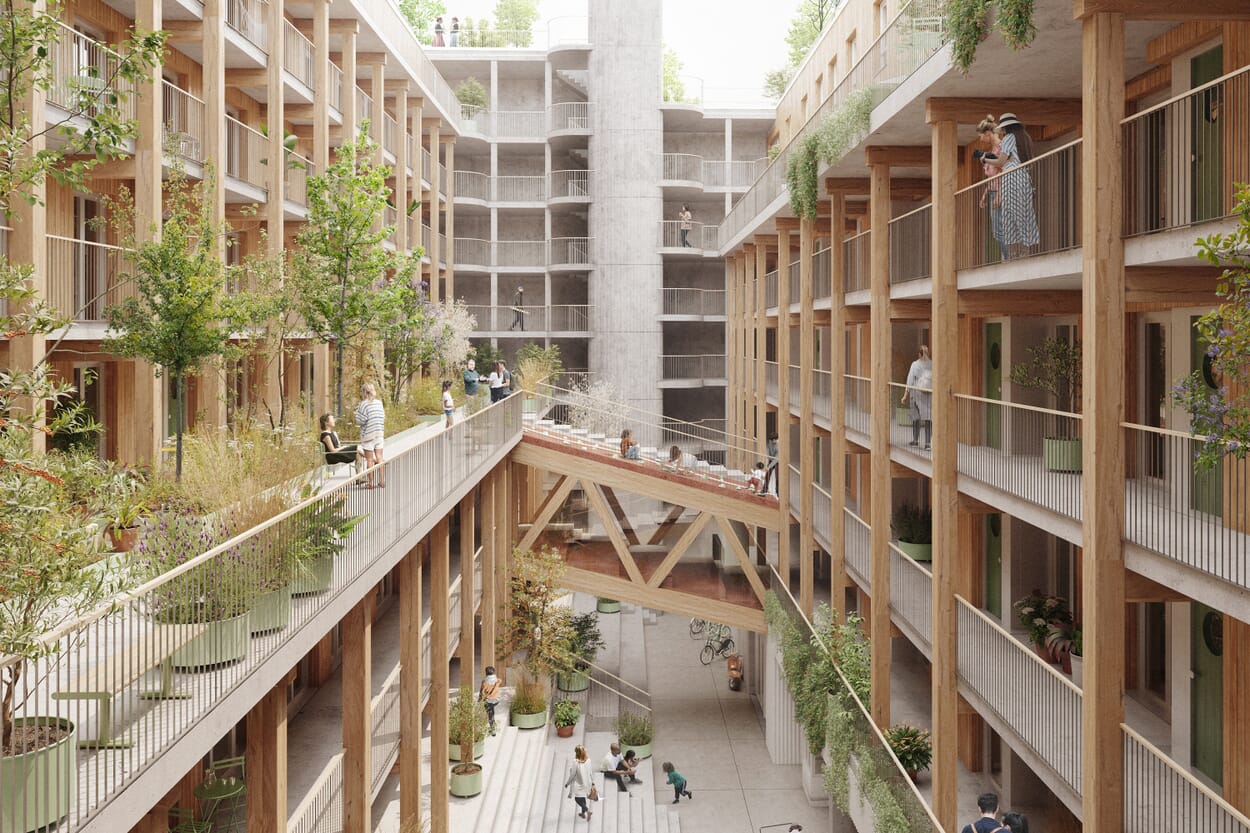The city in the village
Frederik Fischer is convinced that the future lies in the countryside. He is the initiator of the "Summer of Pioneers", a network that enables trial living in rural areas, advises local authorities on how they can make life in the countryside attractive to stressed city dwellers and plans so-called co-villages.
Text: Katharina Rudolph
Frederik, you have set out to reinvent rural life. Why?
Things are not going well in either environment: the housing shortage in big cities is enormous, in rural areas we have space but too little culture or gastronomic offerings. Many people are interested in rural life, but fear social isolation. People are plagued by the idea of moving into a newly built single-family housing estate somewhere - and still feeling like a stranger after 20 years. We need to create structures so that city dwellers can make the leap.
And one such structure is the KoDorf?
KoDörfer are places that combine both: the tranquillity of nature with the facilities needed for a modern life. And we want people to be able to live permanently in less space without having to make sacrifices. At KoDorf Wiesenburg, which is about to start construction, there will be 40 smaller houses and many communal areas: Co-working spaces, a kitchen with a long table, workshops, perhaps a daycare center. Everything that is not needed on a daily basis will be outsourced to the community. The KoDorf is also car-free and the train station is opposite. The whole thing is not supported by investors, but by a cooperative oriented towards the common good.
The KoDorf is intended to be a counter-model to the rural prefabricated housing estate. What do these estates do wrong?
People want to develop, need privacy and drive cars, so the prefabricated house providers give them large houses, high hedges and parking spaces. But what about the estate in social and environmental terms? More people must benefit than individual residents. That's not the case if everyone lives on 40 square meters per head, has two parking spaces in front of the door and screens themselves off with hedges.
Is the new KoDorf building appropriate in view of the climate crisis? Why not use old, empty buildings?
I am totally opposed to a new building. In Wiesenburg, we will at least repurpose an old sawmill, where community life takes place, and build a lot out of wood. But if you plan without investors - and we are consciously doing that - you have to reduce the effort. When converting old buildings on a large scale, we would need a lot of expert opinions and individual building plans. In Wiesenburg, there are three types of house to choose from. Standardization, which is more feasible in new builds, minimizes costs. But as soon as we can, we want to make more use of existing buildings. That's much more sustainable, there's no talking around it.
How do the locals react to the KoDörfler moving in?
We can only test the right way of living together once the KoDorf has been built. A tip that we often get when it comes to integration: Why don't you join the voluntary fire department? But not everyone feels that this is the case. During the "Summer of Pioneers", which we have been organizing since 2019 and which involves a six-month trial living in the countryside, projects are repeatedly created in which newcomers and long-time residents work together. In Wittenberge, for example, at the "Safari" city salon, a previously empty store that has been renovated and now serves as a cultural and meeting place, a living room for everyone. That's how people get to know each other and break down prejudices - so I'm confident.
Frederik Fischer
Frederik Fischer is the founder and Managing Director of Neulandia. With the KoDorf initiative and the "Summer of Pioneers", Neulandia is testing community-oriented urban development in rural areas. Fischer studied media studies and economics in Aarhus, Amsterdam and London, among other places, and has founded several media start-ups. He now lives in the garden city of Falkenberg in Berlin.
Pictures: agmm - architects + urban planners
More about the future of living
When architect and designer Michael von Matuschka designs, he is not concerned with aesthetic self-realization, but with the question of how we actually want to live. The result is rooms and furniture that do justice to the complex everyday life in a community.
In the hall, in the cluster or even in the house from the printer - these are just three of many answers to the burning question of what the housing of the future could look like. Instead of standard floor plans and concrete castles, we need more variable, diverse and environmentally friendly living space.






.png?profile=kuratorteaser_32)
.png?profile=kuratorteaser_1250)

